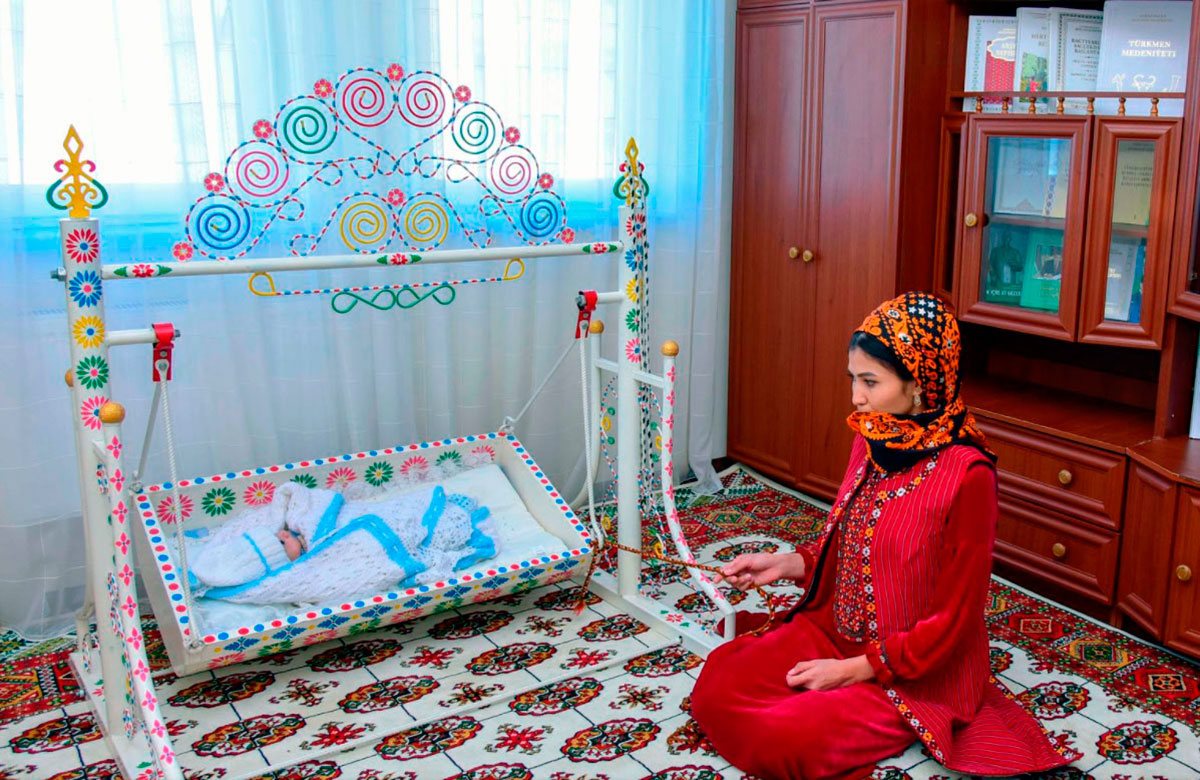A new project, which the United Nations Development Programme (UNDP) and the Government of Japan intend to implement within the framework of regional cooperation in the context of the Central Asia Plus Japan Dialogue, aims to promote sustainable development in Kazakhstan, Kyrgyzstan, Tajikistan, Turkmenistan and Uzbekistan by increasing the resilience of Central Asian cities to climate risks.
The signing ceremony of the agreement between the parties on the launch of a new joint project entitled «Increasing the resilience of cities to disaster risks and climate change in Central Asia» was held in Astana, Kazakhstan, with the participation of representatives of all Central Asian countries.
The Intergovernmental Panel on Climate Change (IPCC), predicting a rise of 2.0 to 5.7 degrees Celsius by 2085. This will lead to more extreme weather events, heat waves and droughts, posing serious challenges for the region.
This forecast calls for urgent action on the climate agenda, effective use of cooperation mechanisms and transformative strategies to combat increasing natural threats and strengthen the resilience of cities across the region.
According to the UNDP press service, the project will focus on strengthening regional cooperation through existing coordination platforms, while introducing innovative approaches to urban planning based on successful practices in countries such as Japan. By integrating new methods for assessing climate and natural risks, the project aims to rethink urban planning to effectively address future climate challenges. In addition, the project will include learning activities to ensure the sustainability of the interventions implemented within the framework of the project.
UNDP aims to build resilient urban communities that are better prepared for the impacts of climate change and strengthen the capacity of cities to thrive in the face of climate challenges. The initiative takes a people-centred, gender-sensitive and climate-risk-sensitive approach and aims to eliminate siloed urban planning strategies and replace them with a comprehensive and inclusive strategy.








